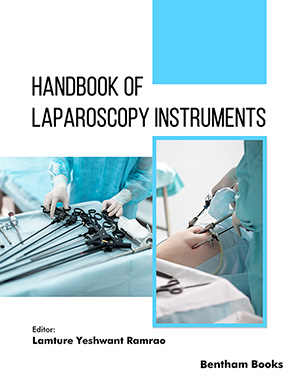Abstract
Renal involvement is the major factor determining the long-term outcome of children with Henoch-Schonlein Purpura (HSP) nephritis. The precise incidence of adverse outcomes is debatable; moreover, there are conflicting data on the validity of prognostic factors for predicting adverse outcome in children with HSP nephritis. Difficulties in prognostication are compounded by lack of non-invasive diagnostic methods in children suspected of having HSP. The purpose of this article is to review recent data evaluating the role of serum galactose-deficient IgA in the pathogenesis of HSP nephritis and its potential role as a non-invasive diagnostic tool. Recent studies evaluating the role of prognostic markers and the risk of adverse long-term outcomes in children with HSP nephritis are also described. HSP nephritis, although relatively benign in most children, can lead to significant chronic kidney disease in a subset of children, especially on very longterm follow-up. Health-care providers need to be aware of this and tailor appropriate follow-up and screening tests to identify early signs of renal functional deterioration, so that therapies that can retard the rate of progression can be instituted early.
Keywords: Henoch-Schonlein Purpura Nephritis, children, aberrantly glycosylated IgA1, pathogenesis, prognosis

























